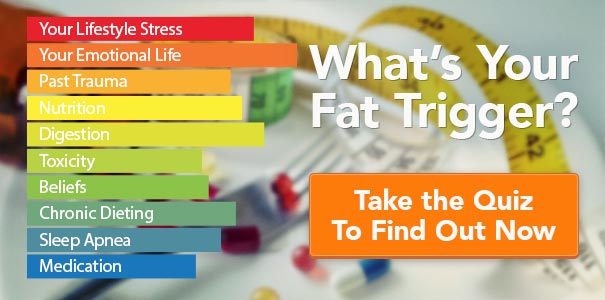Is Intermittent Fasting Good For Weight Loss?
There’s a lot of controversy about intermittent fasting these days. Is intermittent fasting really good for weight loss?
Before we can understand if intermittent fasting is a good idea in losing weight, let us define intermittent fasting. Intermittent fasting is an eating pattern where you follow an alternative eating and then fasting cycle in certain hours of the day.
What I’d like to specifically address in this post, is the idea of going long periods of time without eating. For example if you go fifteen to eighteen hours a day without eating and then eating more food in a six to eight hour period.
There’s a lot of conflicting information around this subject. A lot of people say you need to eat a good breakfast and you need to be eating throughout the day in order to keep your metabolism up and your blood sugar stable. And there are those who say that you should just be eating in short periods of time.
Now, my take on this is that if you can do intermittent fasting without feeling hungry during that period of time that you’re not eating, then it is actually a really good thing!
Why? Well during the fifteen to eighteen hour period that you’re not eating, your insulin levels get low enough to allow your body to start burning fat.
As you may now know, insulin is the fat-making hormone of our body. And it’s during that time when your insulin levels are low, that your ability to burn fat becomes higher. When your insulin is elevated, it’s very difficult to burn fat.
However, many of us have a condition called insulin resistance. This is the condition of our body where our insulin levels are always elevated which in turn makes you lose your ability to burn fat.
When you go through this long periods of not eating, eventually, you get to the point where insulin levels are low enough that your body can start producing other hormones that would enable you to lose weight. However the key to intermittent fasting is to do it only if you can do it without feeling hungry.
But if you’re feeling hungry, then the hunger is going to cause a low-grade stress which can elevate your cortisol levels. Once this happens, the elevated cortisol levels will cause insulin resistance which is the very thing you’re trying to reverse.
So if you’re experiencing chronic hunger every time you don’t eat for long periods of time, intermittent fasting will just work against you.

So how do we address this?
If you are hungry all the time when you try intermittent fasting, then it’s not for you at this time.
Start by:
- Eating a really good breakfast
- Eating every couple of hours throughout the day of foods meals with healthy fats, live foods and quality proteins
- Have an early dinner
- Drink lots of water at night after dinner
Eventually, you will get to a turning point, especially if you’re following the principles that The Gabriel Method teaches. Specifically if you are addressing the real issues, reducing stress and inflammation and healing your gut, you will will experience a shift when you are no longer insulin resistant or leptin resistant (which causes chronic hunger).
When that happens, you are no longer as hungry and you can regain the ability to burn fat efficiently, which is exactly what you want. When your body starts burning fat efficiently, and you can go long periods of time without being hungry, that’s the best time to do intermittent fasting.
So, if you wake up in the morning and you don’t want breakfast, don’t force yourself to have breakfast. If it’s twelve o’clock before you’re hungry then eat at 12 o’clock.
If you’re craving things like salads, healthy proteins and healthy fats and you can eat calmly and relaxed then it will work great!
I call that organic intermittent fasting: that’s when you experience spontaneous intermittent fasting, simply because your body wants to let go of weight, and it is burning fat throughout the day and night and therefore just not that hungry.
Organic intermittent fasting is great, BUT even when you do start to experience it, it probably won’t happen every day. That’s ok too. I find that our bodies have a natural ebb and flow when it comes to hunger.
Some days, for example, I might eat from 12:00pm till 3:00pm or 5:00pm and then I don’t get hungry till 12:00pm the next day. I eat a lot of foods with healthy fats, like avocados, coconut oils, chia seed oils and lots of protein. I also eat lots of salad and probably lots of calories but because I’m burning fat the rest of the time, I’m just not hungry for long periods of time.
This happens quite often these days for me. However, there are some other days that I’m hungry from the moment I wake up and I eat throughout the day.
I never force myself not to eat so I find that I have this rhythm where I have a few days of intermittent fasting then a day or two of all day eating. When that happens, that’s just your body doing its own accounting.
As long as you focus on the real issues that are reducing the stresses and inflammations in your life so that you are reversing leptin and insulin resistance, your body becomes it’s own guru.
It helps you lose weight, you become more efficient at burning fat and it will determine the optimal times to eat and fast to assist you in your weight loss.

So in your journey you may find that there will be days when you want to experience organic intermittent fasting and when that happens, it’s a beautiful thing.
What are your thoughts on intermittent fasting?
Share your thoughts and join the conversation below.



Do You Have Questions for Brian?
Ask Questions & Share Your Comments!
For help with your purchase please contact help@thegabrielmethod.com